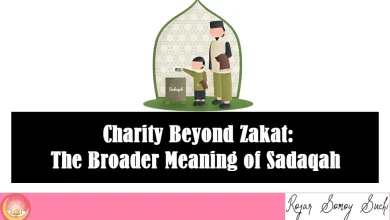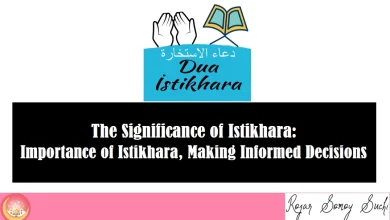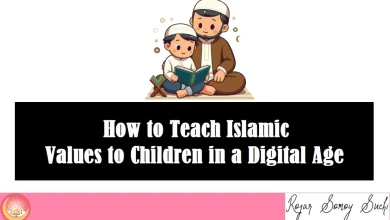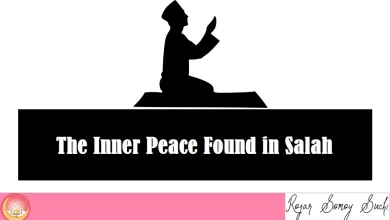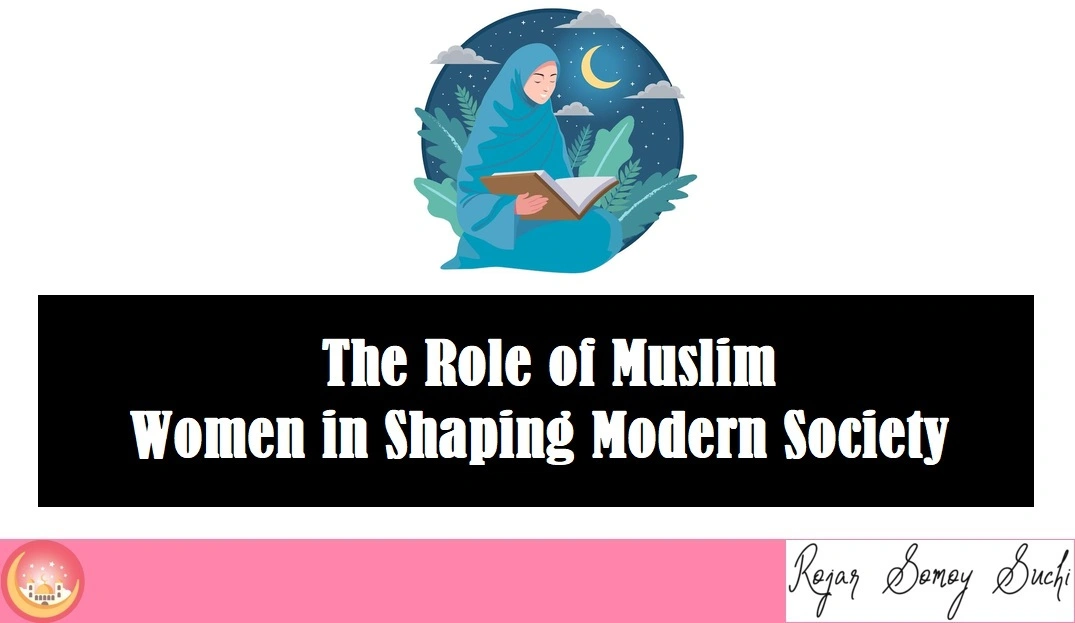
The Role of Muslim Women in Shaping Modern Society: Throughout history, Muslim women have played pivotal roles in shaping communities, driving change, and nurturing generations. While stereotypes often reduce their contributions to the background, the truth is that Muslim women have been, and continue to be, architects of modern society—balancing tradition and progress with grace and determination. Their stories, often untold, reflect resilience, innovation, and an unwavering commitment to fostering positive change in their societies.
Historical Contributions
The legacy of Muslim women’s influence begins with figures from the early Islamic period. Khadijah bint Khuwaylid, the first wife of Prophet Muhammad (peace be upon him), was not only a devoted partner but also a successful entrepreneur who played a significant role in supporting the early Muslim community. Her business acumen and leadership skills set a precedent for women’s active participation in economic and social affairs.
Similarly, Aisha bint Abi Bakr, another prominent figure, was a scholar, teacher, and one of the most important narrators of Hadith (sayings of the Prophet). Her intellectual contributions continue to shape Islamic jurisprudence and inspire millions worldwide. These examples underscore that Muslim women have historically been at the forefront of intellectual and societal development.
Education and Empowerment
In today’s world, education is a critical tool for empowerment, and Muslim women are breaking barriers to pursue knowledge. In many countries, they are among the top achievers in academia, excelling in fields such as medicine, engineering, literature, and the arts. Malala Yousafzai, a Nobel laureate from Pakistan, exemplifies this spirit. Her advocacy for girls’ education has inspired global movements, demonstrating how one voice can catalyze change.
Despite challenges, Muslim women’s pursuit of education highlights their commitment to personal growth and societal advancement. Their achievements challenge misconceptions and prove that Islam encourages the acquisition of knowledge for all.
Breaking Stereotypes in Professional Spaces
Muslim women are making strides in diverse professional fields, reshaping perceptions and contributing to economic growth. From politics to technology, their impact is undeniable. Leaders like Ilhan Omar in the United States and Tawakkol Karman, a Yemeni Nobel Peace Prize winner, show that Muslim women can excel in leadership roles while staying true to their faith.
Moreover, women like Dr. Hayat Sindi, a Saudi scientist and innovator, have revolutionized biotechnology and health care, proving that Muslim women are integral to scientific progress. These trailblazers not only represent the potential of Muslim women but also challenge the notion that faith and modernity are incompatible.
Social and Cultural Impact
Muslim women’s influence extends beyond professional achievements to cultural and social spheres. They are artists, writers, and activists, using their platforms to highlight issues such as gender equality, social justice, and cultural preservation. Poets like Warsan Shire and filmmakers like Haifaa al-Mansour challenge societal norms and bring nuanced Muslim narratives to the global stage.
In grassroots movements, Muslim women’s roles as community builders are profound. Whether organizing charitable initiatives or advocating for marginalized groups, they embody compassion and leadership. Their efforts strengthen the social fabric of their communities, bridging gaps and fostering unity.
Balancing Tradition and Modernity
One of the most remarkable aspects of Muslim women’s contributions is their ability to navigate the delicate balance between tradition and modernity. They demonstrate that it is possible to uphold religious and cultural values while engaging with contemporary society. This balance is particularly evident in the way Muslim women dress, which often becomes a symbol of their identity and agency. By choosing to wear the hijab or not, they assert their autonomy and redefine what empowerment means.
Overcoming Challenges
Despite their contributions, Muslim women face significant challenges, including discrimination, cultural misconceptions, and limited access to opportunities in some regions. However, these obstacles have not deterred their determination. Instead, they have become catalysts for resilience and activism. Organizations led by Muslim women, such as Women’s Islamic Initiative in Spirituality and Equality (WISE), work tirelessly to combat these challenges and create spaces for empowerment.
A Call to Action
The role of Muslim women in shaping modern society cannot be overstated. They are educators, innovators, leaders, and changemakers whose contributions enrich the world. Yet, their potential remains untapped in many areas due to societal barriers and misconceptions. It is crucial to recognize and support their efforts by creating inclusive policies, amplifying their voices, and dismantling stereotypes.
The onus is on governments, communities, and individuals to provide opportunities that enable Muslim women to thrive. This includes equal access to education, representation in decision-making spaces, and platforms to share their stories.
Conclusion
Muslim women are not merely participants in modern society; they are its architects. Their influence, rooted in a rich historical legacy, continues to shape a future defined by inclusivity, innovation, and resilience. By acknowledging and celebrating their contributions, we pave the way for a world where every individual’s potential is realized. The narrative of Muslim women is one of strength, wisdom, and hope—a narrative that deserves not just recognition but active support.
